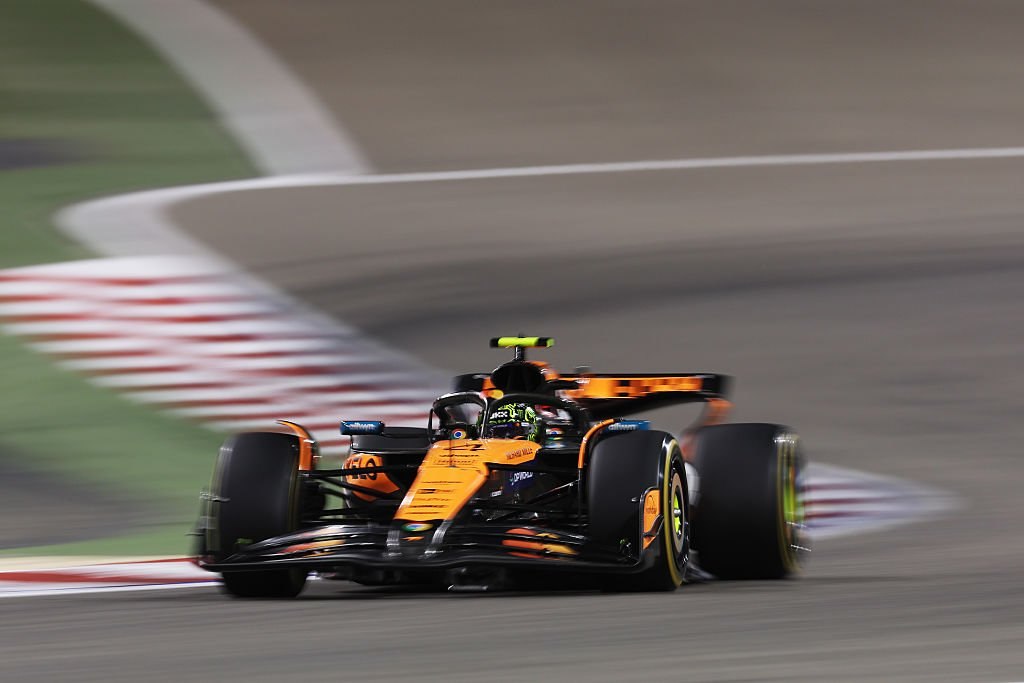
F1’s next frontier: Taking pole in the betting space
Formula 1 is revving up its betting ambitions. In a move that signals a more strategic embrace of the sports betting market, F1 recently inked a deal with ALT Sports Data to supply official pricing and data for regulated sportsbooks across the United States. The aim is clear: make F1 a more prominent part of the American sports betting landscape. But how keen are F1 fans on sports betting as things stand now, and which betting platforms do they use most often?
An audience primed for betting
According to data from YouGov Global Gambling Profiles, nearly half of American sports bettors (47%) are interested in Formula 1, more than double the share of the general US population (23%). And among F1 fans – defined as those who are at least somewhat interested in the sport – betting engagement is notably high.
Some 28% of Formula 1 fans placed an online sports bet in the past 12 months, the highest share among fans of major US sports leagues. That’s ahead of NBA fans (25%), NASCAR fans (21%), and well above NFL fans (16%). Offline activity tells a similar story: 21% of F1 fans placed a sports bet at a physical bookmaker, bar or other offline venue (excluding live events), and 17% did so while attending a live event or racetrack. Both figures are higher than for any other fan group, underlining a broader pattern – F1 fans aren’t just interested in the sport; they’re among the most active betting participants in the US sports ecosystem.
But what are they actually betting on?
Despite their betting enthusiasm, only 22% of F1 fans who bet have wagered on motorsports in the past 12 months. That ranks motorsports as just the joint-eighth most popular betting category among this group, behind soccer (53%), NBA basketball (52%), NFL football (39%), esports (36%), tennis (34%), MLB baseball (27%) and boxing (26%). For the broader sports betting population – regardless of F1 interest – the figure is even lower, with just 15% placing a motorsports bet in the past year. This points to a clear gap between fan interest and actual betting behaviour – but also an opportunity for growth.
What sets motorsports bettors apart?
Motor racing bettors skew younger than almost any other major sports betting audience. A striking 58% are aged 18–34 – second only to soccer bettors (68%) – with just 8% aged 55 or older. This suggests motorsports betting is being driven by a younger, digitally-native demographic, potentially making it a prime target for sportsbooks looking to build long-term engagement.
The gender split is somewhat more balanced than in some other sports: 69% of motor racing bettors are male, compared to 76–77% among NFL, NBA and MLB betting audiences. That still leans male, but points to a slightly broader appeal.
Income-wise, the picture is fairly aligned with the general betting population. A majority (57%) fall within the middle-income bracket (between 75% and 200% of the median), while 13% come from higher-income households – on par with other major sports. Interestingly, 26% of motor racing bettors are from lower-income brackets, suggesting there's still room for premium positioning and value-add offerings in this space.
Are they high rollers or casual punters?
Motor racing bettors tend to sit somewhere in the middle of the pack when it comes to how much they stake. Around 31% spend more than $100 per month on sports betting and fantasy combined – higher than the share of NFL, NBA, and soccer bettors who do the same (all at or below 27%). Only MLB bettors (32%) slightly edge them out.
The majority (63%) of motor racing bettors stake between $1 and $100 monthly, which aligns with most other sports. This suggests that while motorsports betting isn't dominated by high rollers, it does attract a healthy share of higher-value customers, especially compared to similarly niche sports.
Where do motorsports bettors place their bets?
When it comes to platforms, Bet365 stands out as the most popular sportsbook among motor racing bettors, with 41% using it in the past week. DraftKings (32%) and FanDuel (30%) follow closely, while ESPN Bet and BetMGM also hold significant traction, each with 26%. This spread suggests that motorsports bettors are fairly diverse in their platform usage – potentially offering multiple entry points for sportsbook brands looking to target this segment.

















